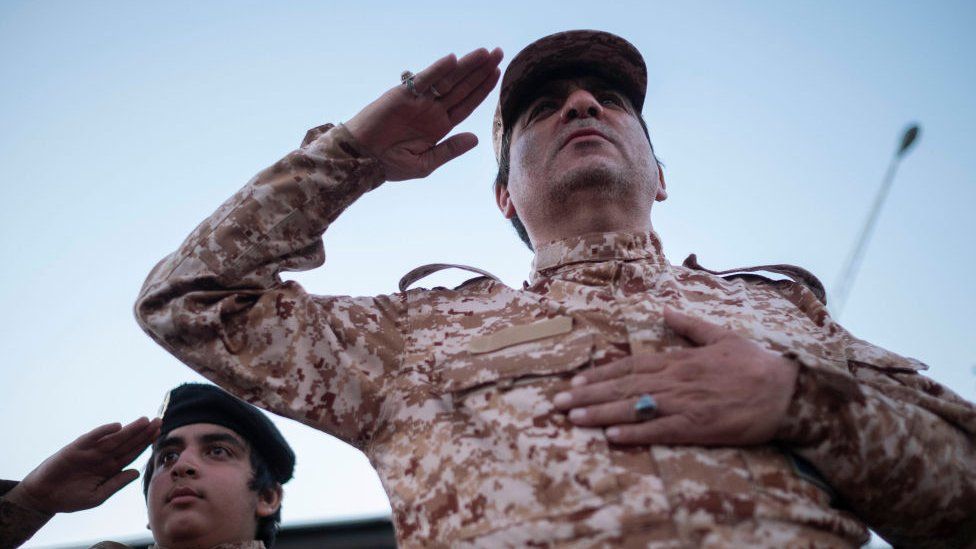-

-
-
Loading

Loading

The recent return of $6 billion of Iranian funds frozen in South Korea has sparked criticism from those who believe the money will be used to promote terrorism and harm US interests. The funds were transferred as part of a prisoner swap that secured the release of five dual US-Iranian citizens. Former US Defense Secretary Mark Esper has expressed concerns that the deal will incentivize Tehran to take more prisoners and potentially lead to more ransom payments. US officials have stated that the funds will only be used for humanitarian purposes and will be subject to oversight. However, experts caution that enforcing these conditions may be difficult, especially as Iran's president has stated that the money will be used wherever it is needed. The funds, which have been transferred to a restricted account in Qatar, were owed by South Korea to Iran for oil purchased before US sanctions were imposed in 2019. State Department spokesman Matthew Miller emphasized that the funds belong to Iran and that they cannot give something that is not theirs. The US Treasury Department claims to have strict oversight over the funds and the ability to monitor their use. A senior administration official has further stated that the funds will only be available for transactions involving humanitarian goods with verified non-Iranian vendors, and any attempts to divert or misuse the funds will be blocked. However, Iranian President Ebrahim Raisi has asserted that Iran has authority over how it spends the money and that humanitarian means whatever the Iranian people need. Critics fear that the funds will be used to support terrorist organizations and for weapons production. Experts warn that the US may have limited ability to oversee the use of the funds, with former deputy assistant secretary of defense for the Middle East, Mick Mulroy, stating that downstream oversight will become murky. Despite these concerns, there seems to be little the US and its allies can do other than encourage Iran to stick to its promises. Democrats in the Senate Intelligence Committee, including Chairman Mark Warner, have expressed skepticism about the deal and its lack of clearly defined guardrails. This recent release of funds follows a pattern of Iran using imprisoned dual nationals to secure the release of frozen funds. Critics believe that the funds will be diverted to regional proxy groups and further destabilize the area. The National Council of Resistance of Iran (NCRI), a political arm of the Mujahideen-e-Khalq (MEK), has voiced concerns over the funds' intended use. The NCRI was previously considered a terrorist organization but was removed from the list in 2012. Similar situations have occurred in the past, such as the controversial agreement between Iran and the Obama administration in 2015. It is not uncommon for Iran to detain citizens of various countries, including the UK, Canada, Australia, Germany, and France, often as part of a negotiation strategy to secure the release of Iranians held in the US or to obtain funds. The Iranian economy is currently facing significant challenges, including high inflation rates and a depreciating currency. While Iran has experienced short-term successes in retrieving funds, the practice of arresting foreigners and dual nationals may ultimately harm the country's long-term interests. This situation has created a negative image for Iran and may deter foreign investors and the Iranian diaspora from engaging with or visiting the country.